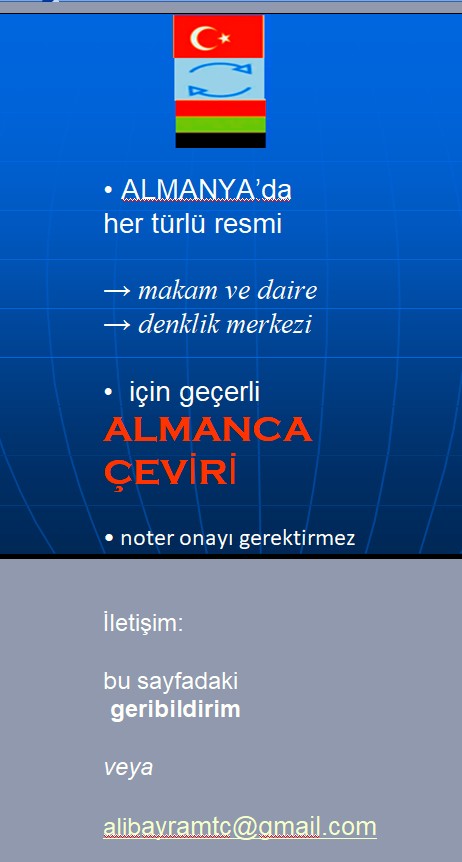enteral
İngilizce - Türkçe
sıklık sırası: 42008sıfat / adjective – anatomy
ENTERAL
Enteral nutrition: The provision of nutrients directly into the gastrointestinal tract, typically through a feeding tube, to meet a person's nutritional needs.
Enteral feeding: The process of administering nutrients directly into the digestive system through a tube, bypassing the oral route.
Enteral tube: A flexible tube inserted into the gastrointestinal tract for the delivery of nutrients, medications, or fluids.
Enteral formula: A specialized liquid nutritional product designed for enteral feeding to provide essential nutrients.
Enteral route: The method of administering substances directly into the gastrointestinal tract for absorption.
Enteral nutrition support: The use of enteral feeding methods to provide essential nutrients to individuals unable to consume food orally.
Enteral feeding tube: A medical device inserted into the gastrointestinal tract to facilitate enteral nutrition or medication delivery.
Enteral solutions: Liquid formulations containing nutrients, electrolytes, or medications designed for enteral administration.
Enteral intake: The amount of nutrients, fluids, or medications administered via the gastrointestinal tract.
Enteral supplementation: The provision of additional nutrients or fluids through enteral feeding methods to meet nutritional requirements.
Enteral feeding pump: A device used to regulate and control the delivery rate of nutrients or fluids into the gastrointestinal tract.
Enteral administration: The delivery of substances directly into the digestive system for absorption and utilization.
Enteral support: The provision of enteral nutrition or feeding to sustain individuals who cannot consume food orally.
Enteral access: The ability to administer nutrients, medications, or fluids directly into the gastrointestinal tract using specialized methods or devices.
Enteral formula: A specific blend of nutrients, vitamins, minerals, and fluids designed for enteral feeding.
Enteral tube feeding: The practice of providing nutrition directly into the gastrointestinal tract using a feeding tube.
Enteral route: The pathway for administering substances directly into the digestive system for absorption.
Enteral nutritionist: A healthcare professional specializing in designing and managing enteral feeding regimens for patients.
Enteral solutions: Fluid formulations specifically designed for delivery into the gastrointestinal tract for nutritional support.
Enteral tube placement: The procedure of positioning a feeding tube into the gastrointestinal tract for enteral nutrition.
Enteral feeding regimen: A structured plan detailing the type, amount, and frequency of enteral nutrition required for an individual.
Enteral feeding protocol: Guidelines or procedures outlining the administration, monitoring, and management of enteral nutrition.
Enteral nutrition assessment: The process of evaluating an individual's nutritional needs and determining the appropriate enteral feeding regimen.
Enteral complications: Adverse events or issues related to the administration of enteral nutrition, such as tube blockage or infection.
Enteral pump: A device used to control and regulate the flow rate of nutrients or fluids during enteral feeding.
Enteral feeding solution: A specialized liquid formulation containing nutrients, vitamins, minerals, and fluids for enteral administration.
Enteral tube care: The maintenance and management of feeding tubes used for administering enteral nutrition or medications.
Enteral feeding protocol: Standardized guidelines or procedures for the safe and effective administration of enteral nutrition.
Enteral access device: A medical device, such as a gastrostomy tube or jejunostomy tube, used to facilitate enteral feeding.
Enteral feeding schedule: A structured timetable outlining the timing and frequency of enteral nutrition administration.
Enteral nutrition guidelines: Recommendations or standards for the appropriate use, management, and monitoring of enteral feeding.
Enteral nutrition delivery: The process of providing nutrients, fluids, or medications directly into the gastrointestinal tract using specialized methods or devices.
Enteral route: The method of administering substances into the digestive system, bypassing the oral route for absorption.
Enteral feeding formula: A specific blend of nutrients, vitamins, minerals, and fluids designed for enteral administration.
Enteral nutrition monitoring: The ongoing assessment and evaluation of patients receiving enteral nutrition to ensure optimal outcomes.
Enteral nutrition complications: Potential adverse effects or issues associated with enteral feeding, such as gastrointestinal intolerance or tube-related problems.
Enteral nutrition assessment: The evaluation of an individual's nutritional status and requirements to determine the appropriate enteral feeding regimen.
Enteral nutrition team: A multidisciplinary group of healthcare professionals involved in the planning, implementation, and management of enteral feeding.
Enteral feeding tolerance: The ability of an individual to tolerate and absorb nutrients delivered via the gastrointestinal tract without adverse effects.
Enteral feeding site: The location on the body where a feeding tube is inserted to facilitate enteral nutrition or medication delivery.
Enteral feeding complications: Adverse events or problems related to the administration of nutrients, fluids, or medications via enteral routes.
Enteral nutrition management: The planning, implementation, and monitoring of enteral feeding regimens to meet patients' nutritional needs.
Enteral nutrition guidelines: Established recommendations or protocols for the safe and effective use of enteral feeding methods.
Enteral nutrition support: The provision of nutrients, fluids, or medications directly into the gastrointestinal tract to sustain individuals who cannot consume food orally.
Enteral tube placement: The procedure of positioning a feeding tube within the gastrointestinal tract for enteral nutrition or medication administration.
Enteral feeding formula: A specialized liquid formulation containing nutrients, vitamins, minerals, and fluids for delivery into the gastrointestinal tract.
Enteral nutrition assessment: The systematic evaluation of an individual's nutritional status, requirements, and tolerance to enteral feeding.
Enteral feeding complications: Potential adverse events or issues associated with the delivery of nutrients or medications via enteral routes, such as tube-related problems or gastrointestinal issues.
Enteral nutrition support team: A collaborative group of healthcare professionals responsible for designing, implementing, and monitoring enteral feeding regimens.
Enteral nutrition solutions: Liquid formulations containing a balanced mix of nutrients, vitamins, minerals, and fluids designed for administration into the gastrointestinal tract for enteral feeding.
ilgili sözler / related words


